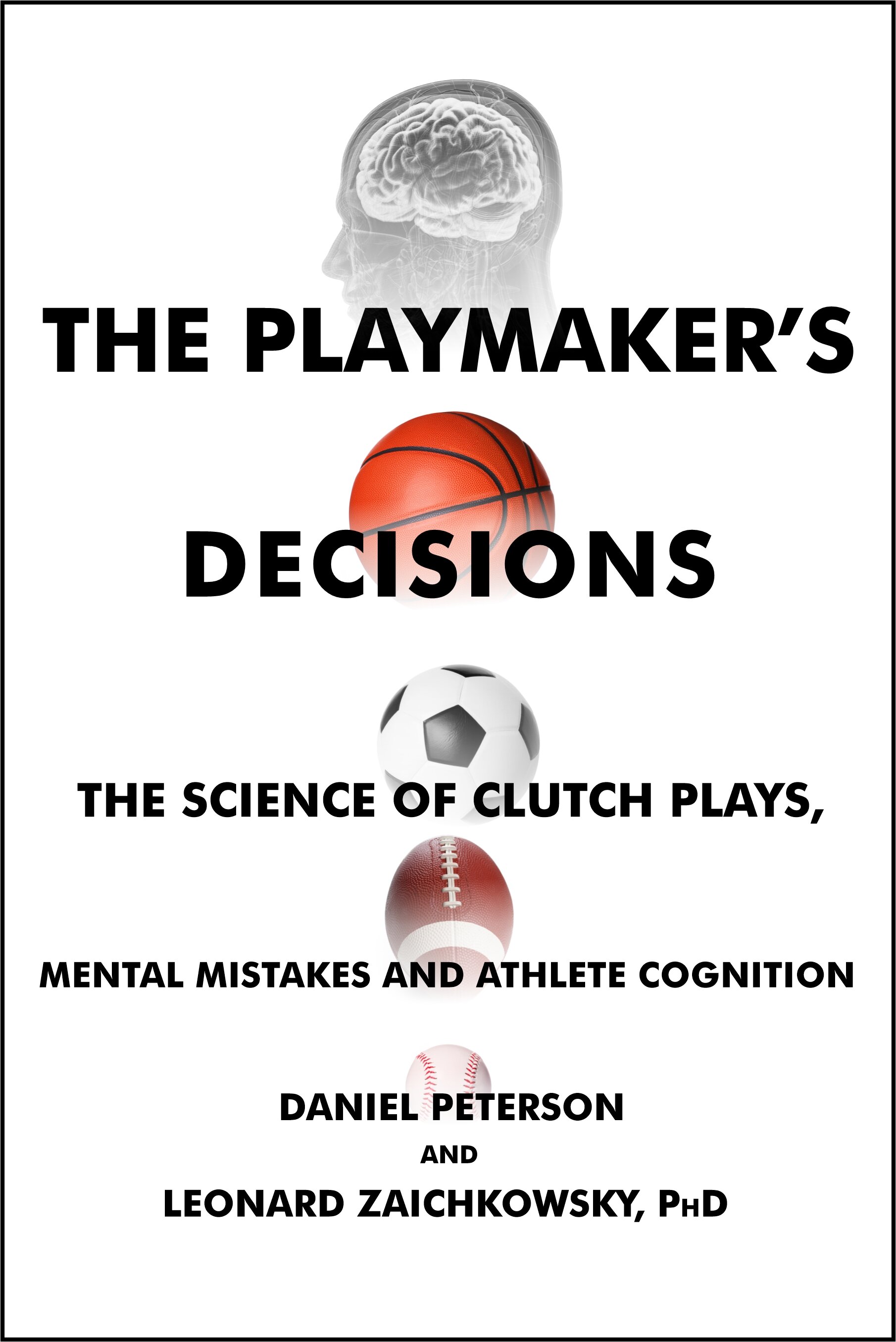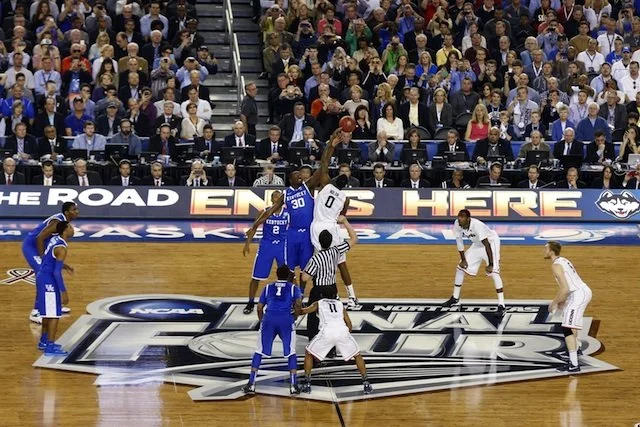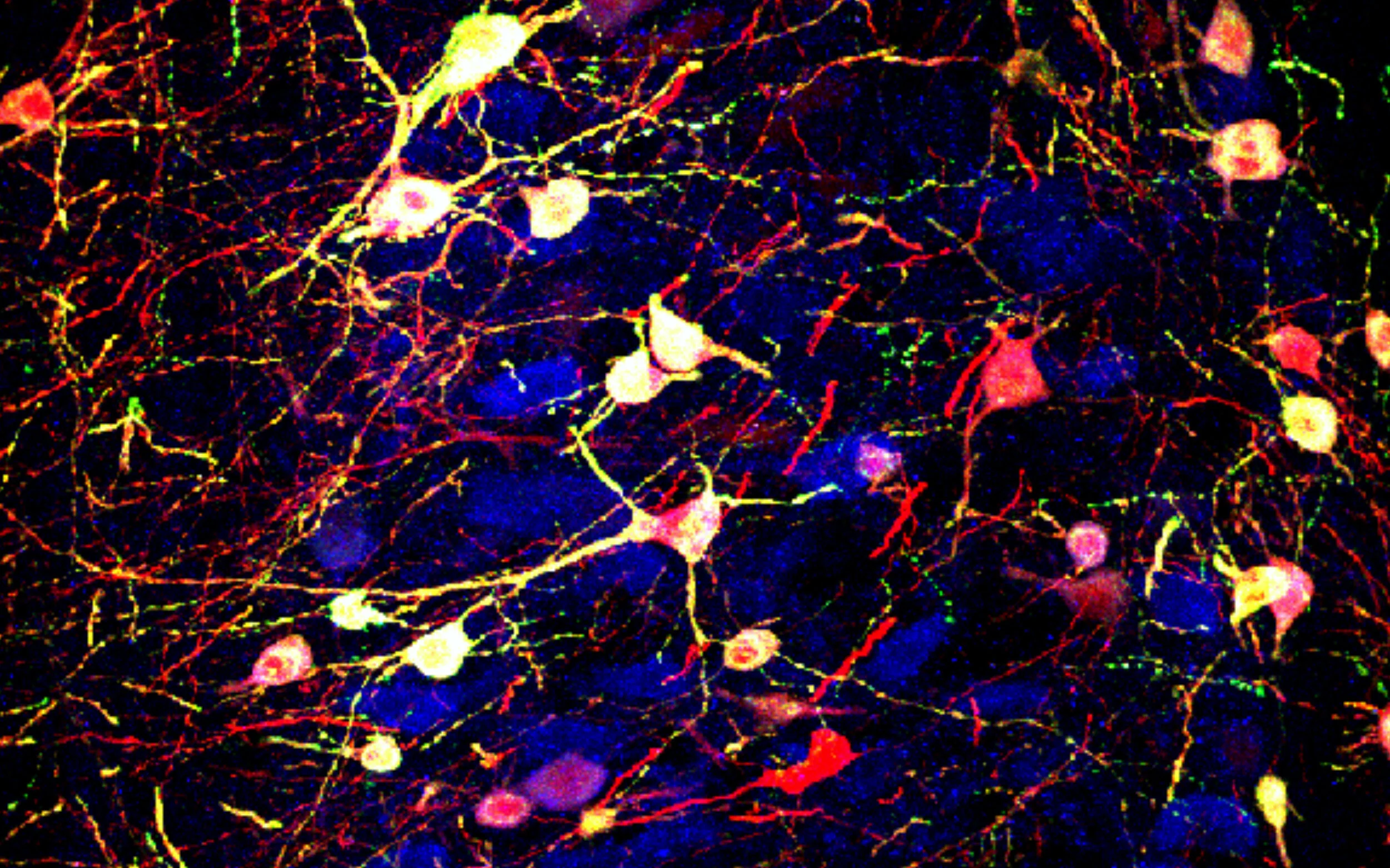Cristiano Roboto - The Soccer Playing Robot
/Back in April, 80 teams of researchers from 15 countries got together to compete in the 2008 RoboCup German Open, a soccer tournament where the "athletes" are all totally autonomous robots like the one pictured above. Four players and a goalkeeper per team play on a 20x14 meter field and are independent of any human remote control. They need to have sub-systems that "see" the field, opponents and the goal; have locomotion logic to move forward, sideways and back; some tactical logic to sense an opponent and avoid "it"; and targeting to kick the ball in the direction of the goal.
You can see some brief clips of the robots on the pitch here. Try the second video to see the most game highlights. The discussion is in German, if any of you speak it, but the game clips are what to focus on.
The more practical future applications of these sub-systems is to program robots to do more meaningful tasks like search and rescue operations in dangerous areas, (fire, earthquake, enemy zones), using the same visual, locomotion, search algorithms that guide the robot on the soccer field. In fact, there is a RoboRescue competition as well.
What struck me most about watching these robots was the complexity of the logic that needs to be programmed. The visual system that must learn the field, the sidelines, the dimensions of the goal, the difference between a teammate and an opponent. The tactical system that must be "goal" directed, (pun intended). It must learn that the object of the game is to put the ball into the opponent's goal and stop the ball from entering your own goal.
The constant motion sensor to understand where they are on the field, when to dribble, when to stop, when to aim and when to kick. The researchers/programmers in this competition are some of the brightest minds in the world, yet when you watch the video, you might have the same reaction that I did; that this is an impressive start, but they still look rather rudimentary.
Thinking about the topics we cover here, we often take for granted all of the logic and skills that human athletes demonstrate every day. I'm thinking especially of our kids that can easily surpass the performance of these robots, even as young as 3 years old. My fascination, and probably these researchers, is HOW we are able to do these tasks so easily. If we understand more about the "how", then we can also design better practice environments to advance those skills even faster.
Source: Fraunhofer-Gesellschaft (2008, April 4). Soccer Robots Compete For The Title. ScienceDaily. Retrieved May 29, 2008, from http://www.sciencedaily.com/releases/2008/04/080401110128.htm#











